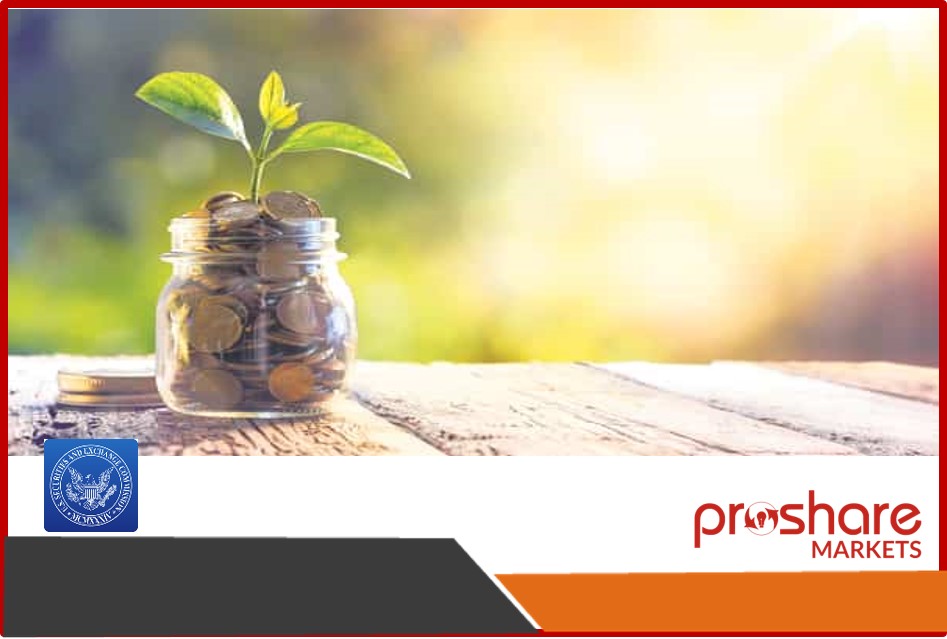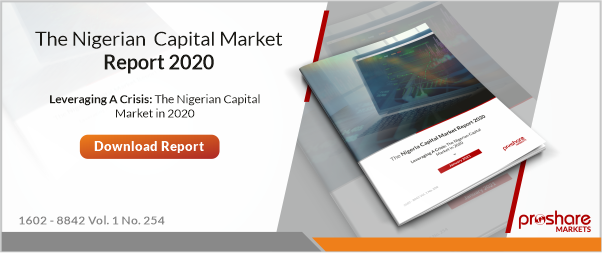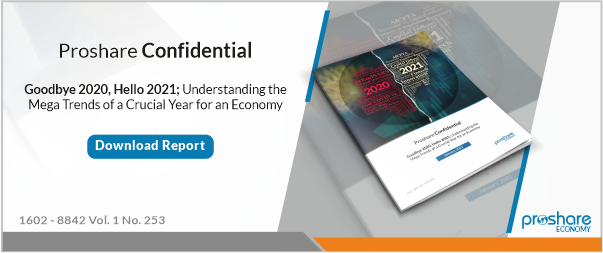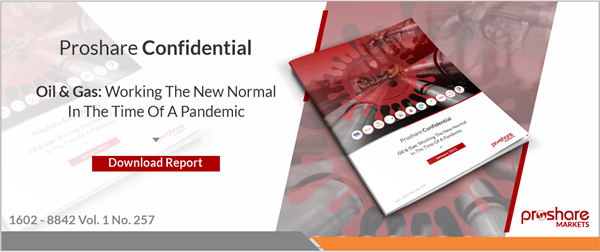Saturday, February27, 2021 09:00 AM / by US SEC / Header Image Credit: Mint
Funds such as mutual funds and ETFs that focus onenvironmental, social, and governance principles (ESG Funds) have gained popularitywith investors over time. Investors may hear about these funds from financialprofessionals, from investment-focused online sites, or even from popularmedia. The SEC's Office of Investor Education and Advocacy is issuing thisbulletin to educate investors about ESG Funds, including important questions toask if considering whether investing in them is right for you.
What is an ESG Fund?
Funds, like ETFs andmutual funds, may consider a wide range of factors that are consistent withtheir objectives and strategies when selecting investments. This can includeESG, which stands for environmental, social, and governance.
ESG investing hasgrown in popularity in recent years, and may be referred to in many differentways, such as sustainable investing, socially responsible investing, and impactinvesting. ESG practices can include, but are not limited to, strategies thatselect companies based on their stated commitment to one or more ESG factors -for example, companies with policies aimed at minimizing their negative impacton the environment or companies that focus on governance principles andtransparency. ESG practices may also entail screening out companies incertain sectors or that, in the view of the fund manager, have shown poor performancewith regard to management of ESG risks and opportunities. Furthermore, somefund managers may focus on companies that they view as having room forimprovement on ESG matters, with a view to helping those companies improvethrough actively engaging with the companies.
Funds that elect tofocus on companies' ESG practices may have broad discretion in how they applyESG factors to their investment or governance processes. For example, somefunds integrate ESG criteria alongside other factors, such as macroeconomictrends or company-specific factors like a price-to-earnings ratio, to seek toenhance performance and manage investment risks. Other funds focus on ESGpractices because they believe investments with desired ESG profiles orattributes may achieve higher investment returns and/or encourage ESG-relatedoutcomes. For example, some ESG funds select companies that have shown theircommitment to a particular ESG factor, such as companies with policies aimed atminimizing their negative impact on the environment. Some funds mayimplement shareholder voting rights in particular ways to achieve ESG goals,while others may only focus on selecting investments based on ESG criteria.
Fund managers focusingon ESG generally examine criteria within the environmental, social, and/orgovernance categories to analyze and select securities.
- The environmental component might focus on a company's impact on the environment-for example, its energy use or pollution output. It also might focus on the risks and opportunities associated with the impacts of climate change on the company, its business and its industry.
- The social component might focus on the company's relationship with people and society-for example, issues that impact diversity and inclusion, human rights, specific faith-based issues, the health and safety of employees, customers, and consumers locally and/or globally, or whether the company invests in its community, as well as how such issues are addressed by other companies in a supply chain.
- The governance component might focus on issues such as how the company is run-for example, transparency and reporting, ethics, compliance, shareholder rights, and the composition and role of the board of directors.
An ESG fund portfoliomight include securities selected in each of the three categories-or in justone or two of the categories. A fund's portfolio might also include securitiesthat don't fit any of the ESG categories, particularly if it is a fund thatconsiders traditional fundamental analysis or other investmentmethodologies consistent with the fund's investment objectives.
ESG investing is notlimited to ETFs and mutual funds. Other types of investment products, likeexchange-traded products that are not registered under the Investment CompanyAct of 1940, might also consider ESG factors in selecting an investmentportfolio.
Be sure you understandwhat you are investing in.
If you are consideringinvesting in an ESG Fund, you should know that all ESG Funds are not the same.It is always important to understand what you are investing in, and to be surea fund, or any other investment, will help you achieve your investment goals.In addition, you will likely want to consider whether a fund's stated approachto ESG matches your investment goals, objectives, risk tolerance, andpreferences.
Here are some thingsto consider:
- Some factors are not defined in federal securities laws, may be subjective, and may be defined in different ways by different funds or sponsors. There is no SEC "rating" or "score" of E, S, and G that can be applied across a broad range of companies, and while many different private ratings based on different ESG factors exist, they often differ significantly from each other.
- Some funds may focus on ESG investing, while others consider ESG factors alongside other more traditional factors.
- Different funds may weight environmental, social, and governance factors differently. For example, some ESG Funds may invest in companies that have strong governance policies, but may not have the environmental or social impact you may want to encourage through your investment in the fund.
- Different funds may focus on different specific criteria within a factor. For example, one fund may focus on shareholder rights for "governance," while another focuses on board of directors' diversity.
- Some ESG fund managers may consider data from third party providers. This data could include "scoring" and "rating" data compiled to help managers compare companies. Some of the data used to compile third party ESG scores and ratings may be subjective. Other data may be objective in principle, but are not verified or reliable. Third party scores also may consider or weight ESG criteria differently, meaning that companies can receive widely different scores from different third party providers.
- You can find more information about how a fund incorporates ESG and how it weighs ESG factors in the fund's disclosure documents. The fund's prospectus contains important information about its investment objective and strategies, and its shareholder report contains both a list of its top holdings and a graphical representation of its holdings by category. These documents, and in some cases supplemental information, are available on funds' websites.
- Some funds that don't have "ESG" in the name may still incorporate elements of ESG investing into their portfolios. Consider comparing an ESG Fund's portfolio to other fund portfolios to be sure you are investing in a fund that is consistent with your investment goals.
- Funds' websites may also have policy statements that more fully explain their ESG practices, and other information such as customized statistics about the relevant ESG attributes or approaches used by the fund.
Understand What an ESGInvestment Strategy Could Mean for You
As with anyinvestment, you could lose money investing in an ESG Fund.
- A portfolio manager's ESG practices may significantly influence performance. Because securities may be included or excluded based on ESG factors rather than traditional fundamental analysis or other investment methodologies, the fund's performance may differ (either higher or lower) from the overall market or comparable funds that do not employ similar ESG practices.
What this may mean for you: ESG funds may perform differently than other funds without the ESGparameters.
- Certain industries may be excluded from some ESG Fund portfolios. However, some ESG Funds may still invest in "best in class" companies within commonly excluded industries. For example, an ESG Fund could invest in a certain company within an industry where companies commonly have a large carbon footprint because that company demonstrated a commitment to improving its policies and practices on environmental issues. Moreover, companies which may score poorly on one ESG factor (such as carbon footprint) could be selected because they score well on another ESG factor (strong governance) or because the fund manager has plans to engage with the companies to improve their performance on ESG issues.
What this may mean for you: One of the most important ways to reduce the overall risk of investing isto diversify your investments. You should read the fund's disclosure documentsclosely to be sure you understand what the fund is-and is not-invested in, andhow its ESG orientation may affect its risk.
- Some funds that consider ESG may have different expense ratios than other funds that do not consider ESG factors.
What this may mean for you: You should always evaluate a fund's expenses. Paying more in expenses willreduce the value of your investment over time.
Be sure to considerall of your goals when weighing any potential benefits and risks to making aparticular investment.
Before you invest in anESG fund
- Carefully read all of the fund's available information,including its prospectus and most recent shareholder report. You can get thisinformation by looking at the fund's filings on the SEC's EDGAR database, from your investment professional, ordirectly from the fund.
- Understand the fees andexpenses you will pay for the fund, and compare them to other investmentoptions.
- Be sure that the fund's investment strategy isconsistent with your goals.
- Ask Questions:
- Is ESG a core component of the investment selectionprocess, or is it one of many factors that are considered to selectinvestments?
- To what extent does the fund focus on ESG factors versusmore traditional factors?
- How does the fund weight each of the three ESG factorswithin its ESG portfolio holdings?
- What specific criteria within a factor does the fund usewhen determining its portfolio holdings?
- How do the fund's fees and expenses compare to otherinvestment options?
- What types of investments do you expect or desire thefund to be invested in, and what types of investments do you expect or desirethe fund NOT to be invested in? Compare those expectations with publishedfund holdings to better understand whether the fund's investment strategy isconsistent with your preferences.
- How does the fund explain and discuss its ESG practices,and how do those practices affect the performance and risk of the fund?
- Is the fund employing an ESG practice that is ofimportance to you, such as voting proxies in a certain manner or engaging withissuers to influence their ESG practices?
- Is ESG a core component of the investment selectionprocess, or is it one of many factors that are considered to selectinvestments?
- To what extent does the fund focus on ESG factors versusmore traditional factors?
- How does the fund weight each of the three ESG factorswithin its ESG portfolio holdings?
- What specific criteria within a factor does the fund usewhen determining its portfolio holdings?
- How do the fund's fees and expenses compare to otherinvestment options?
- What types of investments do you expect or desire thefund to be invested in, and what types of investments do you expect or desirethe fund NOT to be invested in? Compare those expectations with publishedfund holdings to better understand whether the fund's investment strategy isconsistent with your preferences.
- How does the fund explain and discuss its ESG practices,and how do those practices affect the performance and risk of the fund?
- Is the fund employing an ESG practice that is ofimportance to you, such as voting proxies in a certain manner or engaging withissuers to influence their ESG practices?
Related News
1. NCM 2020: Bond FundsGrew By 443.80% YoY in 2020
2. CardinalStone AssetManagement Launches Its Premier Mutual Fund
4. Coronation ResearchReleases Report Themed: From Savings to Mutual Funds
5. Why You Should Use AFund Manager in A Declining Fixed Income Yield Environment - FBNQuest
6. FSDH Asset Managementlaunches the FSDH Dollar Fund
7. Afrinvest LaunchesDollar Fund to Help Investors Diversify their Portfolio
8. USD90bn of Central BankSupport Underscores Mutual Fund Systemic Risks
9. NCM2020 (29) - MutualFunds: From Equities to Fixed Income and Back
10. Cordros Dollar FundOpens for Subscription On Monday, November 25, 2019
11. Cordros AssetManagement Set To Launch a Dollar Mutual Fund
12. KIPER 2019 and GIPS2020: Communicating Performance In Pooled Funds
13. Why Invest in FAAMMoney Market Fund?
14. A Comparative Analysisof Mutual Funds in Nigeria
15. Mutual Funds AndInvestment Management - The Proxy Process
16. NSE Partners WithMarket Stakeholders, Launches Mutual Funds Trading Platform
17. Mutual Funds -A Tale ofMixed Fortunes
18. Mutual Funds Can CreateWealth and Fund Critical Infrastructure - FSDH Research
19. FBNQUEST AssetManagement Records strong performance in Mutual Funds
20. SIM Capital AllianceValue Fund Changes Name to ValuAlliance Value Fund
 Lagos, NG • GMT +1
Lagos, NG • GMT +1











 1368 views
1368 views











 Sponsored Ad
Sponsored Ad
 Advertise with Us
Advertise with Us









